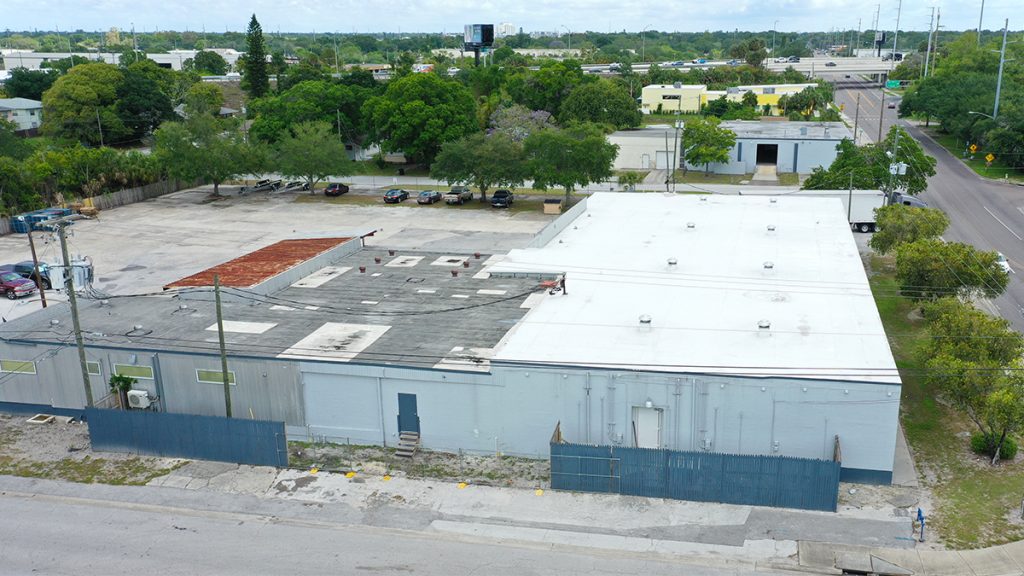
Introduction
Making informed decisions about the maintenance and care of your commercial, industrial, or multifamily property’s roof is crucial, especially in the dynamic climates of Tampa and Orlando. A key decision that property managers and owners often face is whether to opt for roof repair or complete replacement. This blog post will guide you through the cost-benefit analysis of both options, helping you make the most financially sound and practical choice for your property.
Understanding the Factors
Before diving into the analysis, it’s essential to understand the factors that influence this decision:
- Age of the Roof: The lifespan of commercial roofing materials varies. For instance, traditional asphalt roofs typically last 20-30 years.
- Extent of Damage: Minor leaks or wear might be repairable, but extensive damage often necessitates replacement.
- Roofing Material: The type of roofing material affects the cost and feasibility of repairs or replacement.
- Energy Efficiency Concerns: Newer roofing technologies offer better insulation and energy efficiency.
- Local Climate: Tampa and Orlando’s climate can be harsh on roofs, with high humidity, heavy rains, and strong winds.
Repair: When Is It the Right Choice?
Repairing the roof is often the more cost-effective option in the short term. It’s generally advisable when:
- The Damage is Minor: Small leaks, punctures, or localized damage can usually be repaired without the need for a complete overhaul.
- The Roof is Relatively New: If your roof is well within its expected lifespan, repairs can extend its usability.
- Budget Constraints: When immediate funds for a full replacement are not available, repairs can mitigate damage and buy time.
Benefits of Repair
- Cost-Efficient: Repairs are less expensive upfront.
- Less Disruptive: Repairs typically don’t require extensive labor or time, minimizing disruption to your property.
Replacement: A Long-Term Investment
Roof replacement is a significant investment but is necessary when:
- The Roof is Near the End of Its Life: Continual repairs on an old roof can be more costly in the long run.
- Extensive Damage: Widespread issues like structural weaknesses or major leaks might render repairs impractical.
- Energy Efficiency: Modern roofing materials can significantly reduce energy costs, offsetting the initial investment over time.
Benefits of Replacement
- Long-Term Savings: A new roof can be more cost-effective over time, reducing the need for frequent repairs.
- Increased Property Value: A new roof can enhance the aesthetic and structural integrity of your property, potentially increasing its market value.
- Warranty and Peace of Mind: New roofs come with warranties, offering peace of mind and protection for your investment.
Cost Analysis Example
To put this into perspective, let’s consider a hypothetical scenario:
- Repair Cost: $5,000 for localized damage repair.
- Replacement Cost: $25,000 for a complete roof overhaul.
If the current roof is 20 years old and requires frequent repairs, opting for replacement could be more economical over the next 10 years than spending on recurring repairs.
Conclusion
The decision to repair or replace your commercial property’s roof in Tampa and Orlando should be based on a thorough analysis of the roof’s condition, age, and your long-term financial considerations. While repairs might be less expensive upfront, a replacement could offer better value and protection in the long run. Consulting with roofing professionals like Aderhold Roofing can provide you with tailored advice and solutions for your specific needs.
Remember, your roof is a vital asset to your property. Investing in its health and longevity is investing in the future of your property.
